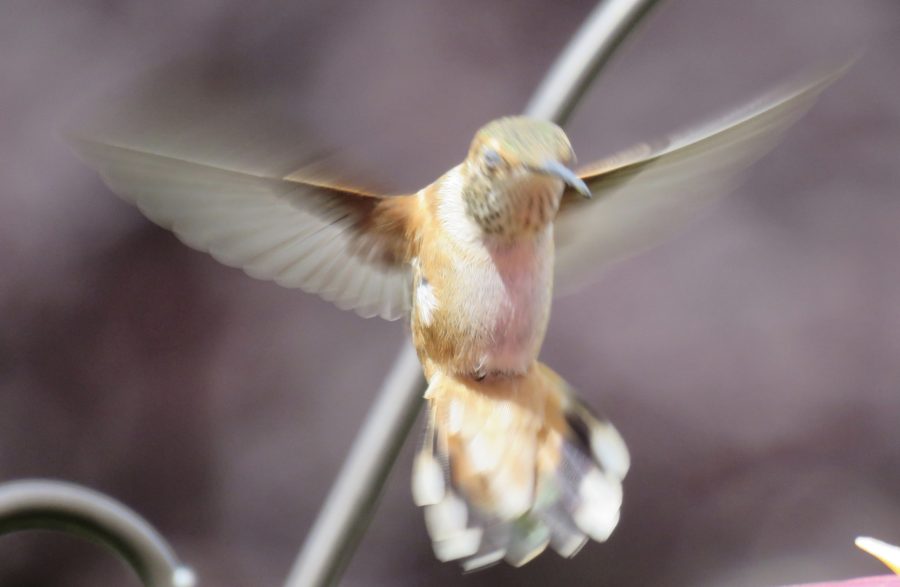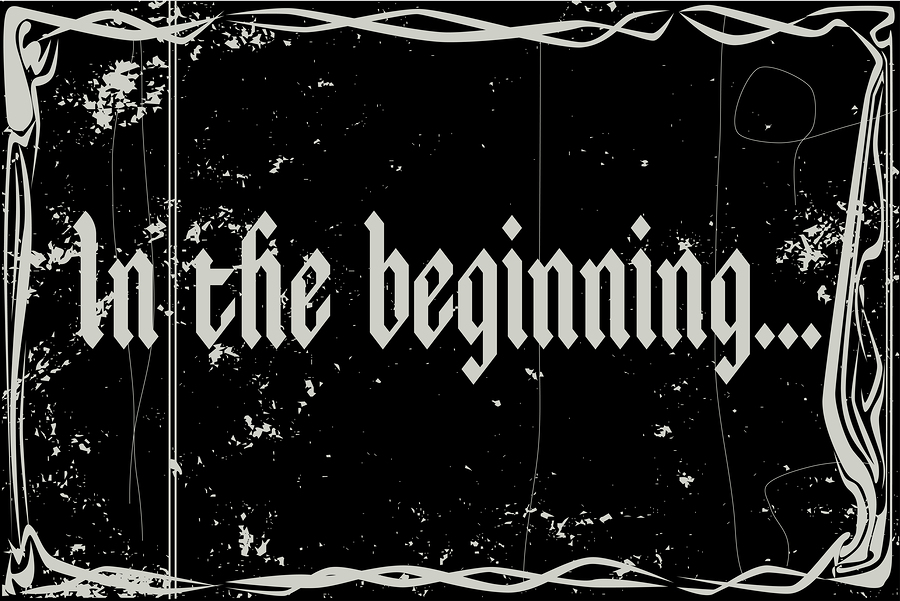“Don’t use a five-dollar word when a fifty-cent word will do.” – Mark Twain
One of my daughters is an Arts and Visual Technology major, so of course she has to read articles about art. Here are a few sentences from an eight-page article, “Modernist Painting” by Clement Greenburg. The footnotes inform us that this article was both published and broadcast on the radio.
I identify Modernism with the intensification, almost the exacerbation, of this self-critical tendency that began with the philosopher Kant.
The fragmentary silhouette of a human figure, or of a teacup, will do so, and by doing so alienate pictorial space from the literal two-dimensionality which is the guarantee of paintingʼs independence as an art.
Far from incurring the danger of arbitrariness, Mondrianʼs art proves, as time passes, almost too disciplined, almost too tradition- and convention-bound in certain respects; once we have gotten used to its utter abstractness, we realize that it is more conservative in its color, for instance, as well as in its subservience to the frame, than the later paintings of Monet.*
Of course, this is an academic article and its intended audience (and most people, really) can understand what’s being conveyed. But for many, undue time and effort are needed to discern what the author means.
On the flip side, every now and again you’ll see someone complain about writing being dumbed down. This is usually pronounced by an older person criticizing the younger generation. Kids today!
But it wouldn’t take me long to tire of reading, or hearing, eight pages of sentences such as those from “Modernist Painting.” I’m not sure I’d make it past the first couple of paragraphs unless I had a rabid interest in the subject. Even then, I might look for an author writing about the topic in a more approachable manner.
So if anyone thinks your writing is too simplistic, be glad, for you are friendly and approachable. And you place communication over eagerness to show off your ability to consult a thesaurus.
Is the occasional five-dollar word okay to use? Sure, in moderation. But obfuscating (Will that be a credit or debit for your $5 charge?) your message with too many two-dollar words risks leaving you – and your quickly exiting readers – an expensive mess.
Your turn:
Do you have to power through complicated texts that could have been made simpler? What tips can you offer to lessen the pain and suffering?
What is your favorite five-dollar word?
Do you think writers today make commercial fiction and nonfiction too easy? Or about right?
Just for fun, try rewriting any one of the sentences from the article. Show us what you can do!
*Citations from article:
Forum Lectures (Washington, D. C.: Voice of America), 1960
Arts Yearbook 4, 1961 (unrevised)
Art and Literature, Spring 1965 (slightly revised)
The New Art: A Critical Anthology, ed. Gregory Battcock, 1966
Peinture-cahiers théoriques, no. 8-9, I974 (titled “La peinture moderniste“)
Esthetics Contemporary, ed. Richard Kostelanetz, 1978
Modern Art and Modernism: A Critical Anthology. ed. Francis Frascina and Charles Harrison, 1982
Clement Greenberg: The Collected Essays and Criticism vol. 4, ed. John OʼBrian, 1993.
From: http://www.sharecom.ca/greenberg/modernism.html (Last access 21 July 07)











